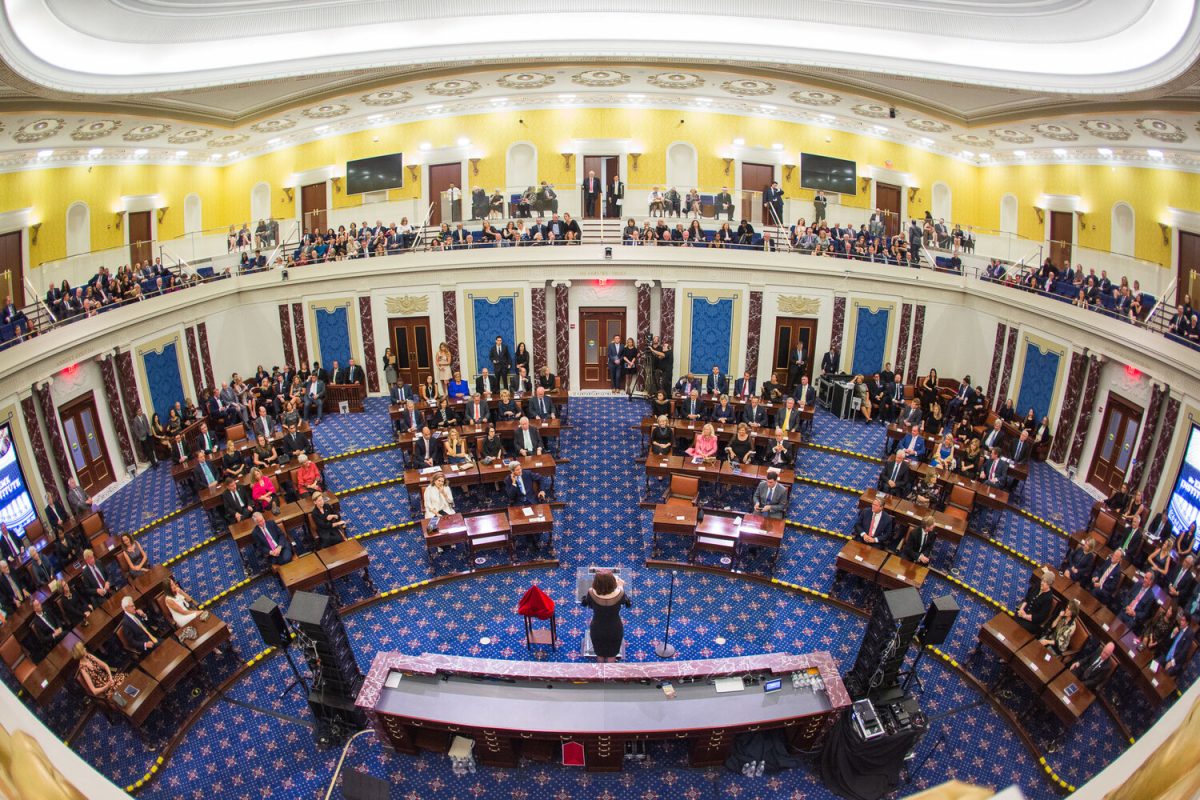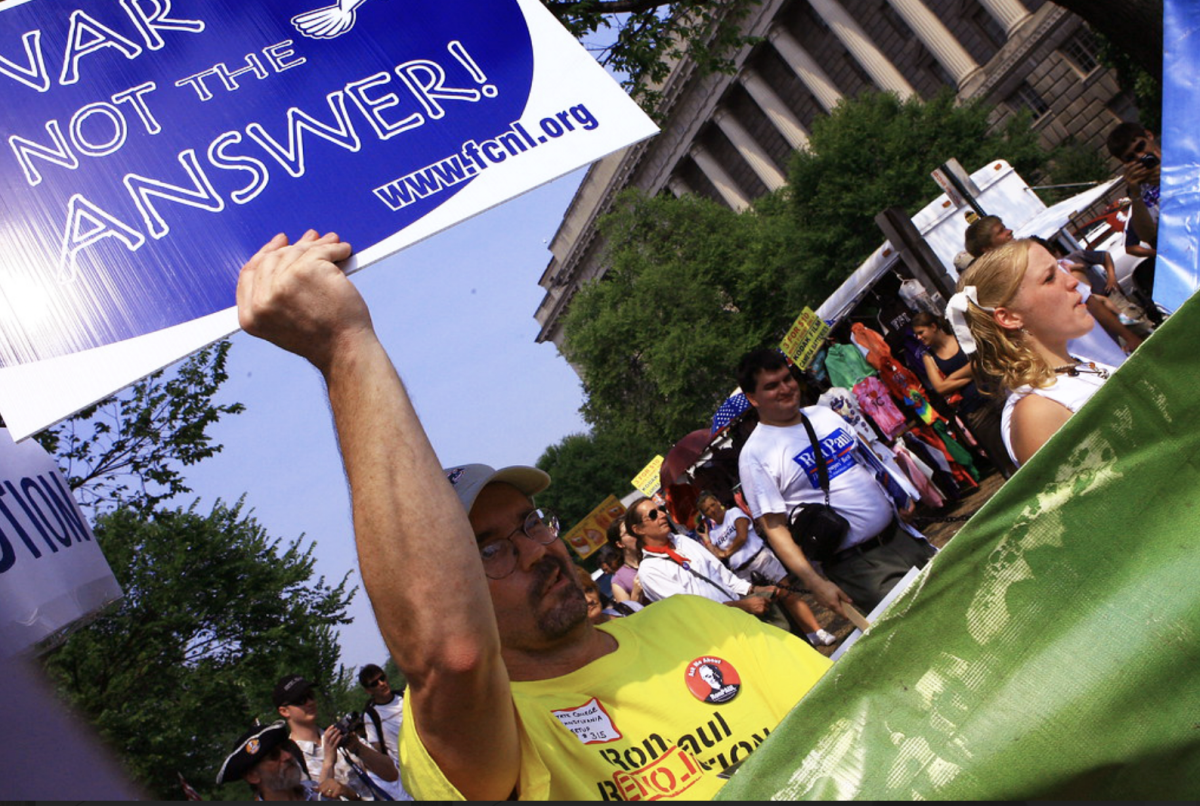On Sept. 30, hours before the government reached the Oct. 1 appropriation deadline, Congress passed a bill that delayed a government shutdown and would fund the government until Nov. 17. This bill comes after a year of political disputes between the Democrat and Republican Parties.
Each year, the United States Federal Government must agree on 12 appropriations to support primary government industries such as the Department of Homeland Security and the Department of Defense. If the House and Senate fail to sign the appropriations by Oct. 1, the government must shut down all non-essential functions until Congress reaches an agreement.
This year, Congress could not meet the Oct. 1 deadline over disputes about Ukrainian aid. As a result, Congress approved a stopgap spending bill, extending the appropriation deadline to Nov. 17.
This bill marks the 11th time in 13 years that Congress failed to implement the appropriations by the deadline. However, while the bill extends the deadline, an inability to complete the appropriations by the new deadline would still lead to a government shutdown.
US Mathematics Teacher and Athletics Coach Jon Mormino lacks optimism about an agreement, stating that the possibility of a deal on the appropriations by Nov. 17 is highly improbable.
“That has to be a joke. There is no way our government will be able to find common ground in this short period,” said Mormino.
According to sophomore Coco Campbell, the US economy will suffer from a shutdown since most governmental workers will not receive payment. “A government shutdown has a huge impact on the economy because so many people are virtually unemployed and not getting paid during the shutdown,” said Campbell.
Sophomore Eyob Sisay added that several of his family members –– many of whom are government contractors –– will be affected financially. “Even though my daily life won’t be directly affected, I know that the shutdown will definitely have a financial impact on my family members,” he explained.
Additionally, according to the DCist, the Smithsonian and most national parks would shut down if they do not obtain funding by the new deadline. “These possible closures are of great concern to me since I love art and the outdoors,” said Sisay.
However, Campbell is confident that the government will be able to reach an agreement: “The good news is that Congress usually passes the appropriations fairly quickly after a stopgap bill and the government can reopen its non-essential functions, limiting the economic challenges.”












































